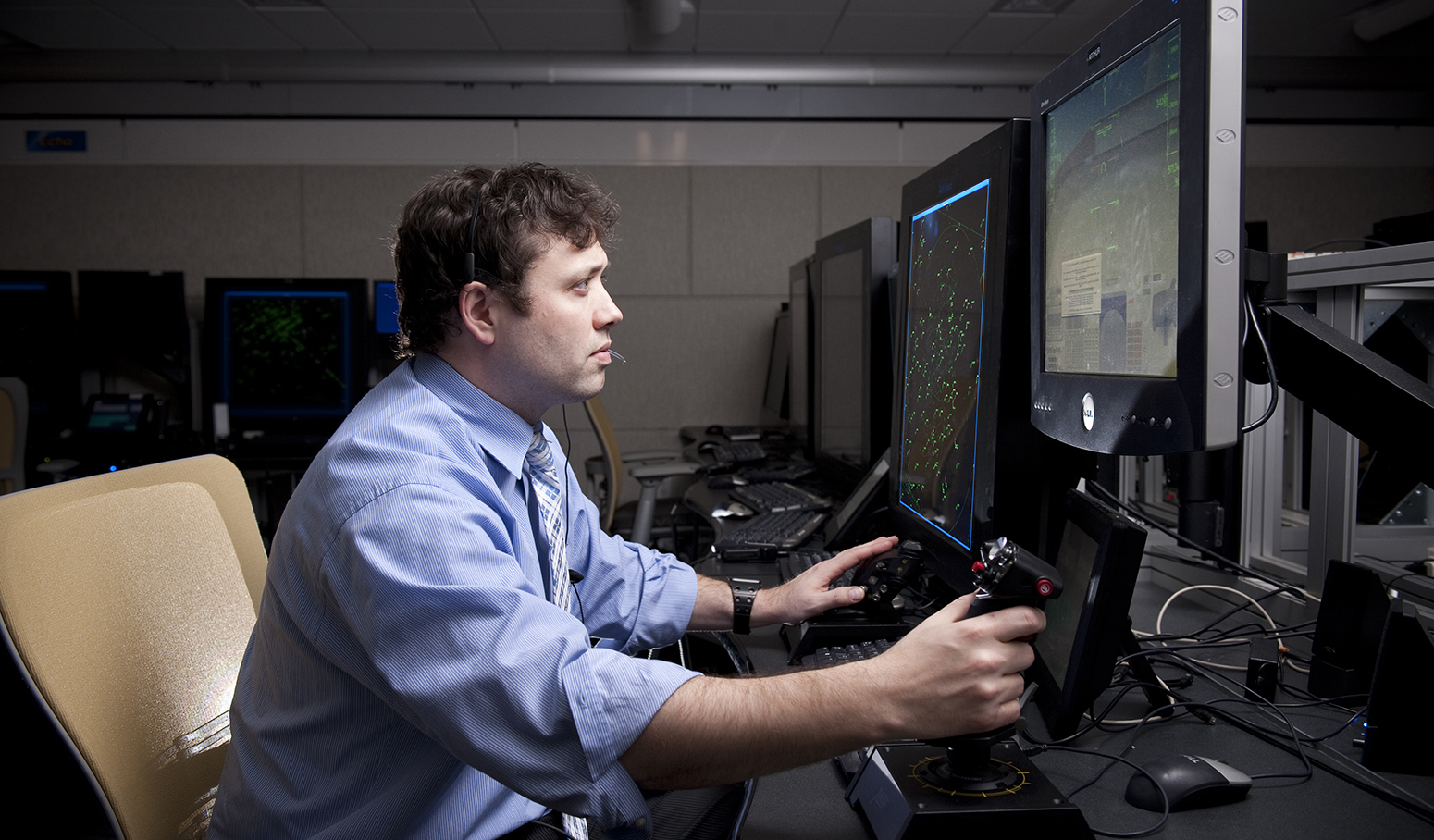Video game development is one of the components of the entertainment industry...

Printed 2021-12-22

And at the same time, one of the most profitable - the total capitalization in the gaming industry surpasses film production and big sports combined. And the global growth of the video game market increases by an average of 11% every year. If we turn to the open data of the analytical agency Newzoo, every fourth person on the planet has played games in one way or another, and every third of them would like to work in this industry.
As in any segment of the market for the production and release of content, the gaming industry is not much different from the usual IT, where the end product can be a convenient web service, a banking application or a social network. Both there and there are processes that are divided into stages of preparation, production, release and support of the finished product. And the more people involved in these processes, the more complex and multifaceted the processes themselves become.
But there are still differences between IT and game dev, especially if we consider a mobile game development agency. And they consist in those professions that are atypical for the usual development, but without which it is difficult to release a competent video game. These professions will be discussed below.
There is a shortage of game dev specialists and educational institutions all over the world that could produce these specialists. One of the ways to become a game dev specialist is to gain knowledge through specialized courses.
Who is in demand in the gaming industry
Game Designer
The game designer, like an architect of the game world, comes up with and describes the concept in detail, formulating the rules of the game: the setting (place of action, epoch), for which target audience it is intended, what mechanics it will have, what kind of gaming experience he wants to convey. He generates ideas, sets tasks and accompanies them even after the end of development. He works closely with the team, so good communication skills are an undoubted advantage for a game designer. In addition, it is important for a game designer to have at least basic knowledge in all areas of game development: development, art, testing, business strategy, etc.
Developer
No matter how talented a game designer is in the team, someone has to implement his ideas, so game development cannot do without good programmers. The developer in game dev is engaged in the implementation of what the game designer came up with. His tasks are to design the architecture of the game, implement game features, write clean code and optimize the game. Depending on the specifics of the game, the developer can also deal with network infrastructure, the creation of artificial intelligence, or create working tools for his colleagues to make it easier for them to perform certain routine tasks.
Artist
Artists and art directors are working on the visual component of the game. There are many branches in this direction:
- 3D modeling. Specialists in this area are engaged in creating 3D assets for the game — everything that the player will see in the finished product in the form of three-dimensional objects in the future. In order to learn 3D modeling, you need to have a sense of perspective, space and volume. And a general knowledge of anatomy will be useful to all character artists.
- Concept art. These specialists draw or model several variants of the same object, character or location at once, so that the joint efforts of the art department can choose the best of them for transfer to further refinement. To become a concept artist, you need to be able to draw in 2D or 3D and have the same skills that an artist should have. A novice concept artist can count on 70 thousand, for an experienced specialist the initial rate is 100 thousand.
- Animators. These people are engaged in creating bone, procedural and inverse animation for characters and objects that the player can interact with in the finished project. To become an animator, you need to be well versed in anatomy, because it depends on the realism of movement whether the player will believe in what is happening in the game world. Good animators get from 80 thousand and above, beginners - from 40 thousand.
- UX/UI designers. The interface is an important part of the component of any product. Through it, the player learns to interact with the game, through the interface, the player performs many repetitive operations. A well-designed interface makes this interaction intuitive and simple. Therefore, a good specialist in creating a user experience in interaction with the game interface is a valuable frame. Therefore, novice UX / UI designers receive from 50 thousand, the salary of pros varies from 130 thousand.
QA engineer
Testing is an area with which you can start your journey in game development. QA specialists test games and look for errors in them on different gaming platforms, write test documentation and accompany the release of the game. Thanks to the testers, players do not encounter the most common bugs that were identified and eliminated at the stage of game development. Working as a tester gives a fairly complete idea of the inner kitchen of game development and introduces the company's projects.
Technical game designer
This role appeared in game development relatively recently, but has already managed to take its place in the leading studios of the world. Technical game designers are at the intersection of game design and technology, so their tasks include not only generating ideas, but also implementing and prototyping game mechanics on their own. More often, it is simply more profitable for companies to hire a person who will create prototypes of those systems that will go into further development, rather than hiring a separate system game designer and a game logic developer who will work together.
But this does not mean that linear game designers are no longer needed in the presence of a technical game designer. Most often, the responsibilities that the company's game design department solves are simply divided between designers who specialize in the technical component and designers who are good at writing documentation, analytics or communication.
Level designer
These specialists think over the architecture of the level on which the player will walk. They make up metrics by which gameplay will be built at the level, determine the scale of items at the level and work closely with game designers to ensure that the rules of the game are consistent with respect to the level design. Among the level designers there may be environment specialists. They arrange flora and fauna on the level, adjust lighting and post-processing, make sure that the level is not overloaded.
Project manager
In order for all development participants to be able to communicate with each other more effectively, and in order for the deadlines for completing tasks to be within the norm, game dev also requires project managers who monitor the fulfillment of obligations to customers or studio managers.
How else can you get into the gaming industry?
Of course, the listed professions are not a complete list of those specialties that can be useful in the game development services industry.
For example, with localization specialists, your game may be interesting for people who speak and think in other languages. They will understand the context of humor or situations that the narrative designer has come up with.
Sound directors who will be engaged in writing the soundtrack and effects for your game will be able to improve the vision of the game designer and together with him they will be able to make your game sound not alien.
Community managers and technical support will be able to share any joyful events with the players of your game or inform them that a big fix will soon be able to come out to the game, which greatly interfered with the gaming experience of these people. The presence of these people is especially sharply felt if you are developing a massive online product.
PR specialists, producers and bizdev are the people who will be able to find additional funding for your game and think through a competent marketing campaign to make your game stand out even more from the rest.
But there is still one way to get into the gaming industry, which we have not yet considered in this article. This hobby is development. Hobby development is most often understood as a developer who, alone, creates a game on his own computer. It is extremely difficult to do this alone, since such an adventure requires a good understanding of the tools for creating games, skills in game design, art and programming. And it often happens that a hobby developer, having taken up the creation of some of his ideas, simply does not bring the project to the end. He may not have enough time, motivation, money to continue development and so on.
Unfortunately, this happens quite often just because of the reasons listed above, they are usually the most popular. However, sometimes hobby developers really manage to bring their idea to the end. An example of such games that have gained worldwide fame, but were originally created by just one person, can be such indie hits as: Minecraft, Stardew Valley, Super Meat Boy, Fez, Limbo. After the resounding success, other specialists joined the creators of these games, but initially all these games were created alone.
But the author of the article and the company OTUS recommend to follow a more proven path. First, learn a specialty, get a job to understand the inner kitchen of companies, and only then start something of your own. Perhaps you are the same hobby developer who has not yet received the fame that he deserves.





